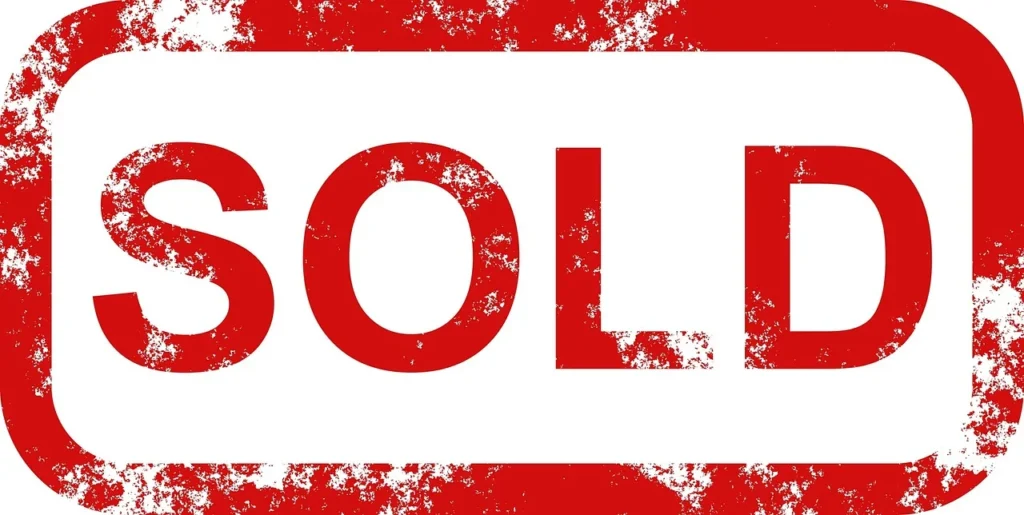Introduction: What is the 72 Sold Lawsuit?
The 72 Sold lawsuit has garnered significant attention in the real estate industry. For those unfamiliar with 72 Sold, it is a real estate program promising homeowners a sale of their property within 72 hours. However, legal disputes have arisen, leading to a lawsuit that raises questions about the program’s operations and promises. In this article, we’ll explore the background, reasons for the lawsuit, and its implications for homeowners, agents, and the real estate industry.
Background on 72 Sold
72 Sold is a real estate service that claims to sell homes quickly, often within 72 hours, by employing a targeted marketing strategy. It has gained popularity by offering an alternative to traditional home selling methods, using technology and advanced marketing techniques to connect buyers and sellers. But, despite its success, concerns about its practices have led to legal scrutiny.
Why Was 72 Sold Sued?
The 72 Sold lawsuit primarily stems from allegations surrounding deceptive marketing practices and contractual concerns. Homeowners and real estate agents have accused the program of not delivering on its promises and possibly misleading customers with aggressive advertising.
Key Allegations:
- Misleading marketing about the likelihood of a home selling in 72 hours.
- Discrepancies in the terms and conditions presented to sellers.
- Potential violations of consumer protection laws, particularly in real estate transactions.
These accusations have prompted legal action, leading to a lawsuit that seeks to address these issues and hold 72 Sold accountable for any potential wrongdoing.
Impact of the Lawsuit on Homeowners

For homeowners, the 72 Sold lawsuit brings several critical concerns to the forefront. The promise of a quick home sale is attractive, especially in a competitive market, but the lawsuit suggests that some homeowners may not have fully understood the risks or terms of the program.
Potential Effects on Sellers:
- Homeowners may experience delays in selling their properties due to ongoing legal disputes.
- The lawsuit could affect future participation in 72 Sold, with homeowners becoming more cautious.
- Sellers may need to seek more traditional real estate services if the lawsuit results in restrictions on 72 Sold’s operations.
This legal battle serves as a reminder for homeowners to carefully review all contracts and marketing claims before entering into any real estate agreement.
What Does the 72 Sold Lawsuit Mean for Real Estate Agents?
Real estate agents are also deeply affected by the 72 Sold lawsuit. Many agents have partnered with the program, attracted by its innovative approach to home sales. However, the legal issues now raise concerns about transparency and trust within these partnerships.
Implications for Agents:
- Agents who promote 72 Sold may face scrutiny from clients who are skeptical due to the lawsuit.
- They may need to reassess their involvement with the program and potentially seek alternative methods for selling homes.
- The lawsuit may lead to a shift in how agents present quick-sale programs to their clients, focusing more on transparency and realistic expectations.
This development emphasizes the importance of maintaining ethical standards in real estate and ensuring that both agents and clients are fully informed of any risks or limitations associated with a program like 72 Sold.
Legal Insights: Consumer Protection and Real Estate
The 72 Sold lawsuit highlights broader legal themes related to consumer protection in the real estate industry. Homebuyers and sellers are entitled to fair and transparent practices, and any company that engages in misleading marketing or unfair terms may be subject to legal action.
Key Legal Considerations:
- Consumer protection laws in real estate transactions ensure that sellers and buyers have clear and accurate information.
- Misrepresentation, false advertising, and unfair business practices can lead to lawsuits, fines, and business restrictions.
- Real estate companies must maintain compliance with state and federal regulations to avoid legal challenges like the 72 Sold lawsuit.
This case underscores the importance of ethical practices in real estate and the legal consequences that can arise when companies fail to meet consumer protection standards.
Future of 72 Sold: What’s Next?
As the 72 Sold lawsuit progresses, the future of the program remains uncertain. Depending on the outcome of the legal proceedings, the company may need to make significant changes to its business model and marketing practices. Homeowners and agents will be watching closely to see how the lawsuit unfolds and what impact it will have on the real estate market.
Possible Outcomes:
- 72 Sold could be forced to alter its advertising claims and modify its terms and conditions.
- If the lawsuit succeeds, it may lead to compensation for homeowners who feel misled by the program.
- The program may face stricter regulations or oversight from industry watchdogs.
Regardless of the outcome, the 72 Sold lawsuit serves as a critical reminder for both real estate professionals and consumers to prioritize transparency, honesty, and legal compliance in all real estate dealings.
Conclusion: Navigating Real Estate Programs and Legal Risks
The 72 Sold lawsuit is a complex case that raises important questions about marketing practices, consumer protection, and legal obligations in real estate. Whether you’re a homeowner looking to sell your property or a real estate agent considering partnerships, it’s essential to stay informed about legal developments like this one.
Understanding the details of the 72 Sold lawsuit can help you make better decisions when choosing a real estate service, ensuring that you are fully aware of the terms and conditions before entering any agreement. Always consult legal professionals or real estate experts when in doubt, and stay updated on any changes in the industry that could impact your real estate transactions.


